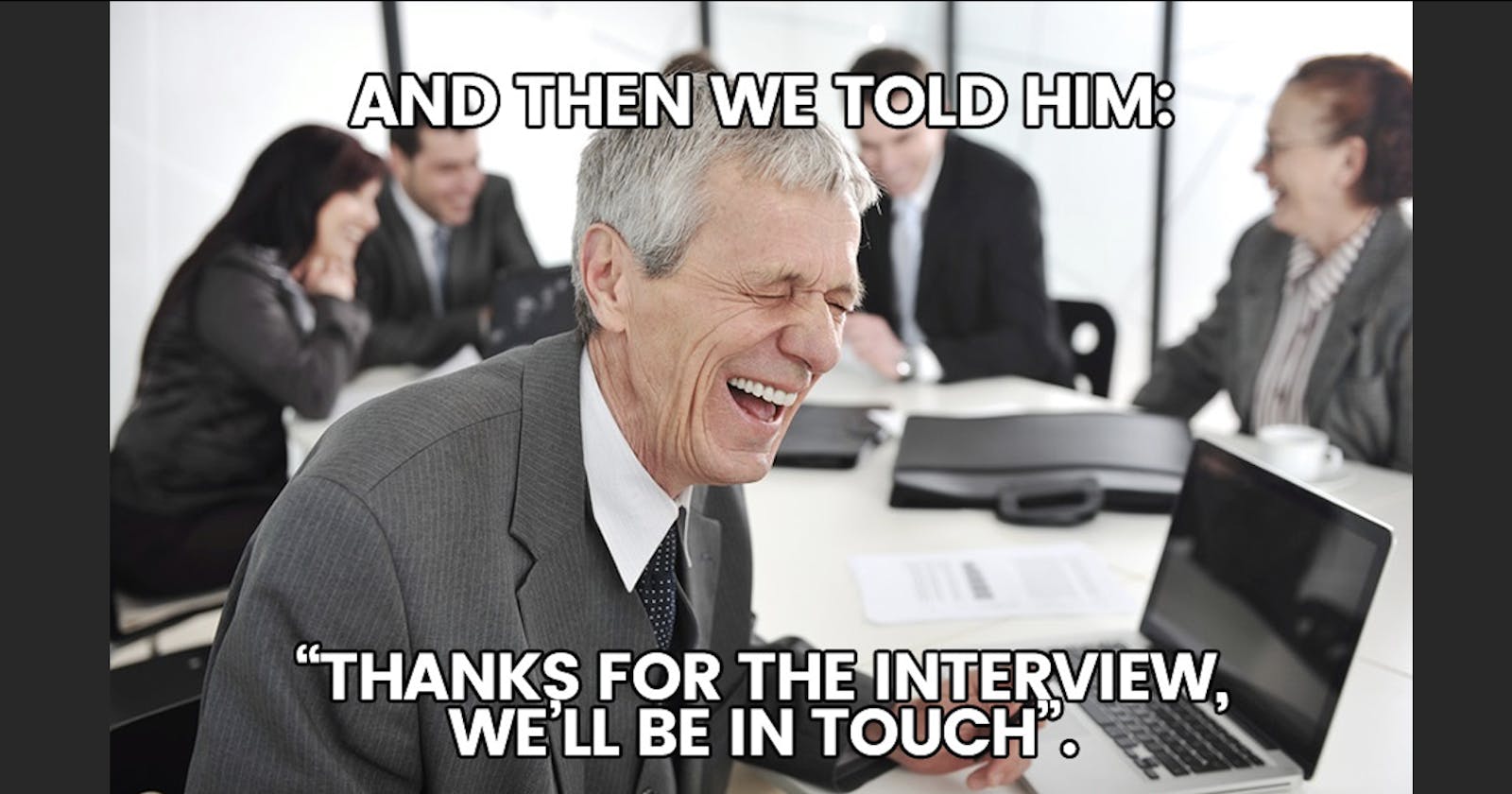We put a lot of time and energy into interviewing, so giving feedback is the least an interviewer can do.
What is Feedback?
During my years in the staffing industry, I learned that "feedback" often just means "Are they moving forward or are they no longer interested in this candidate?" My goal after a tech interview was to get "you're moving onto the next interview" within a couple of weeks or "you're rejected" within a month.
If you're rejected, but not told why, you can ask for more feedback. You may never get it. Many companies don't want to incur any liability by providing detailed feedback. As an entry-level candidate, you're most likely to hear "There are more experienced candidates."

When you do get detailed feedback, remember it may say more about the interviewer than you. Humans are biased. Interviewing is an art, not a science. Whatever feedback you receive is based on that person's perception of you during a short, stressful situation. Ignore any unsupported criticism. Take any definitive statements about you with a grain of salt. A cruel message means you dodged a company culture bullet.
How To Get Feedback
"Point of contact" refers to the person who is scheduling your interview. This could be a recruiter (internal or external), an admin, an HR representative, or even the hiring manager. Always be polite to them. You never know if they'll be asked for their opinion of you.
At the end of the interview, ask your interviewer "When should I expect feedback?"
Email a thank you note to your point of contact on the same day as your interview.
Mention when you were told to expect feedback in the email with the thank you note attachment.
If you haven't received feedback 24 hours after you were told to expect it, follow up in that same email chain.
Follow up every 72 hours after that.
If you're at the beginning of the interview process, you could ask "When should I expect to hear about next steps?" instead of "When should I expect feedback?" It implies confidence that you'll be moving on to the next interview.

Keep your point of contact informed about all your interview processes. Tell them how many companies you're interviewing with and how far along you are in the process. Getting interviews with multiple companies paints you as a highly desired candidate. The further along you are in the interview process, the more pressure you can put on other interview processes to hurry up.
If you get an offer from one of your multiple interview processes:
Ask the person extending the offer when they need an answer.
Email or call your point of contact for every other interview process and tell them your offer deadline.
If you're a candidate they're interested in hiring, they'll probably speed up the interview process to meet the deadline. If they're not interested (or their interview timeline is set in stone), they'll cancel the interview.
If you end up with multiple offers, that gives you more negotiating power. You can still ask for feedback if they don't provide any explanation when they cancel.
Conclusion
Hopefully, this helps you get the feedback you need and understand why the feedback process can be so frustrating.

